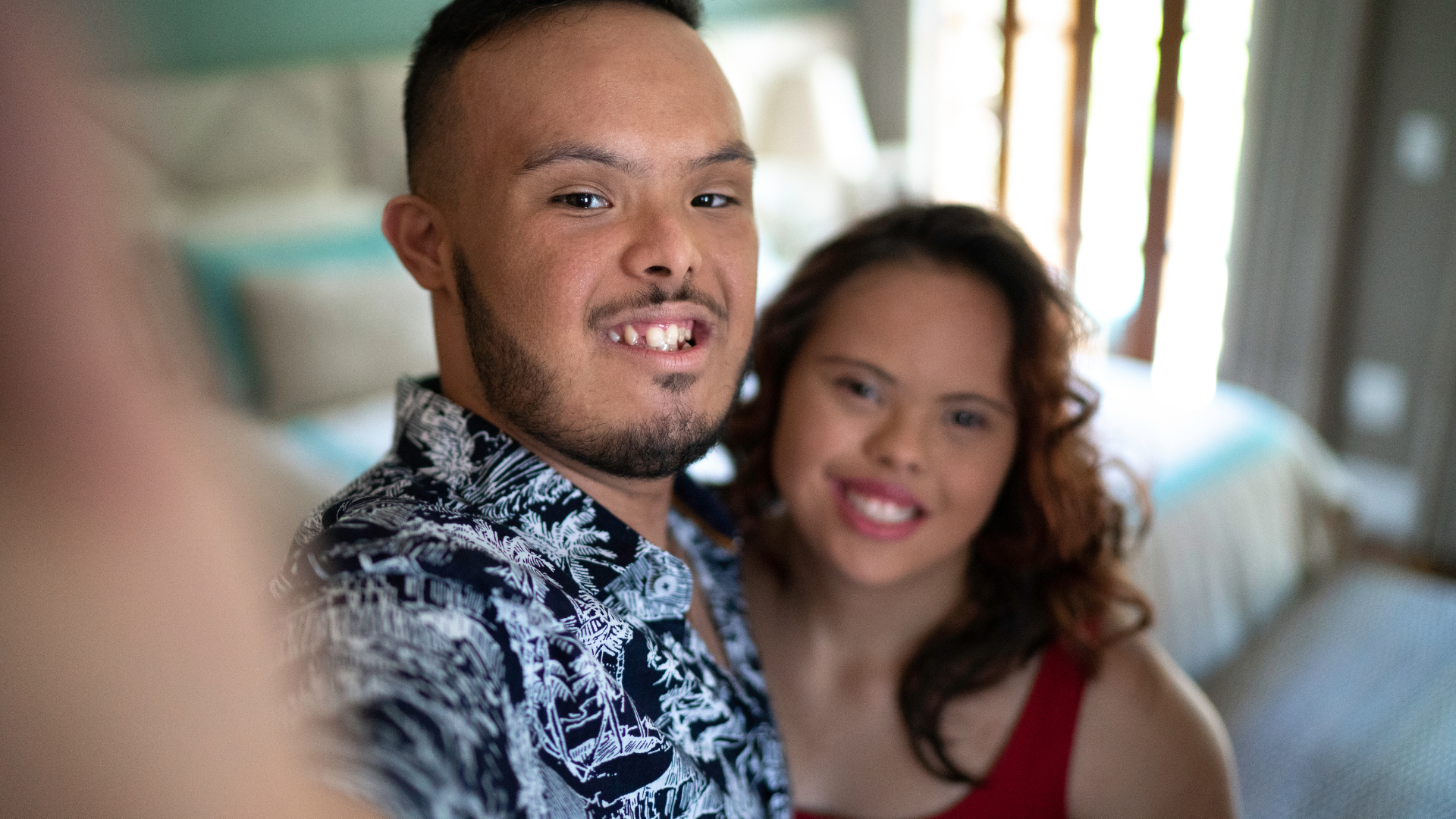What is an IPC? Texas HCS 101
An IPC , or Individual Plan of Care, is a plan for participants in the Texas Home and Community Based Services (HCS) program. It is maintained by their case manager, and includes information about the individual’s needs, goals for care, and the services they will receive to meet those goals.The IPC is an important part of the HCS program because it ensures that individuals receive the care and support they need in a safe and effective manner. This may include services such as personal care, respite care, community living supports, and more. In this article we will explore the specifics of what is included in an IPC, how it is made, and why it is so important for ensuring the well-being of HCS participants.
What is an IPC and what does it include?

An IPC, or Individual Plan of Care, is a plan for participants in the Texas Home and Community Based Services (HCS) program. It is maintained by their case manager, and includes information about the individual’s needs, goals for care, and the services they will receive to meet those goals.
The IPC typically includes things such as specific care needs, regular appointments and check-ins with medical providers, goals for the individual’s health and well-being, and information about their service providers. It is an important tool for ensuring that individuals are receiving the services and support they need to maintain their health, safety, and independence.
The role that an IPC plays in the Texas HCS program cannot be overstated. By providing a clear plan for individuals’ care needs and goals, and outlining the services they will receive, it helps to ensure that their needs are being met accurately and effectively. This can have a significant impact on the well-being of HCS participants, as well as their ability to live independently in the community.
Why is the IPC so important for HCS participants?

The IPC is an essential tool for ensuring the well-being of HCS participants and supporting their ability to live independently in the community. It helps to ensure that participants receive the care and support they need, including things like personal care, respite care, community living supports, and more.
In addition to meeting individuals’ specific care needs, the IPC also helps to maintain a collaborative relationship between the HCS participant, their case manager, and other service providers. This ensures that all involved parties are informed about the individual’s care plan, goals for improvement, and progress being made to meet those goals.
Overall, the IPC is an important tool for ensuring that HCS participants receive the services and support they need to live safely and independently in the community.
How can you get an IPC if you are a participant in the HCS program?

If you are a participant in the Texas HCS program, your case manager will work with you to develop an IPC that meets your specific needs. This process typically involves assessing your current health and care needs, developing goals for improvement, and outlining the types of services you will receive to meet those goals.
In order to get an IPC as a participant in the HCS program, you may need to provide consent or authorization depending on your specific situation. Your case manager can help you with this process, and work with you to ensure that you receive the care and support you need.
What are some of the benefits of having an IPC?

There are many benefits to having an IPC as a participant in the Texas HCS program. These may include improved health, safety, and independence; access to high-quality services and supports; a sense of control over your care plan and provider relationships; and more.
Overall, the IPC is an important tool for ensuring that HCS participants receive the services and support they need to live safely and independently in the community. If you are a participant in the HCS program, be sure to talk to your case manager about getting an IPC that meets your specific needs.
How is an IPC made?

The process of creating an IPC typically involves assessing the individual’s care needs, developing goals for improvement, and outlining the types of services they will receive to meet those goals. This may involve working closely with the individual, their family or caregivers, service providers, and other relevant stakeholders. Ultimately, the goal of the IPC is to ensure that the individual’s care needs are being met accurately and effectively, while also supporting their ability to live independently in the community.
A typical IPC planning process involves gathering input from a variety of stakeholders, including the individual receiving care and their family or caregivers. It may also involve working closely with service providers to develop an accurate and realistic plan for meeting the individual’s needs. Ultimately, the goal is to ensure that individuals in HCS programs have access to high-quality services and supports that help them remain healthy and safe in the community.
Some other FAQs about IPCs

Here are some other frequently asked questions about IPCs:
Q: Who is involved in creating an IPC?
A: The process of developing an IPC typically involves working closely with the individual receiving care, as well as their family or caregivers, service providers, and other stakeholders. It may also involve seeking input from experts in various fields related to the individual’s care needs.
Q: What types of information are included in an IPC?
A: An IPC typically includes information about the individual’s specific care needs, as well as their goals for improvement. It may also include a list of the services and supports that the individual will receive to meet those goals.
Q: How often is an IPC updated or reviewed?
A: An IPC is typically reviewed or updated on an ongoing basis, to account for any changes in the individual’s circumstances or care needs. This may include regular meetings with the individual and other stakeholders, as well as assessing new information about their situation or health.
Q: How do I get an IPC?
A: In order to get an IPC as a participant in the HCS program, you will need to provide consent or authorization depending on your specific situation. Your case manager can help you with this process and work with you throughout the planning process to ensure that your needs are met effectively. They can also connect you with other relevant resources, such as service providers or support groups in your community. With the help of your case manager, you can get the care and support you need to thrive in your community.
Q: Can changes be made to my IPC after it is created?
A: Yes, changes can be made to an IPC at any time, to account for any changes in the individual’s circumstances or needs. If you are a participant in the HCS program and need to make changes to your IPC, your case manager can help you with this process. They will work with you and other relevant stakeholders to ensure that your IPC accurately reflects your current situation and needs.
Q: What if I don’t have an IPC?
A: If you are a participant in the HCS program and do not have an IPC, you can talk to your case manager about getting one. They can help you with the planning process and connect you with other resources as needed.
About Mary Jenkins
Mary Jenkins has over 25 years experience helping individuals with IDD live and thrive in their community. She founded Above and Beyond Caring in 2007 to provide Texas HCS services in the Texas Gulf Coast area. She is also the Director of the Community Inclusion Project, a 501c3 nonprofit dedicated to ensuring all individuals have access to their community. She is passionate about her work and believes that everyone deserves the opportunity to be a part of, and contribute to, the world around them. Mary is a tireless advocate who is passionate about helping individuals with IDD live fuller, more meaningful lives.

